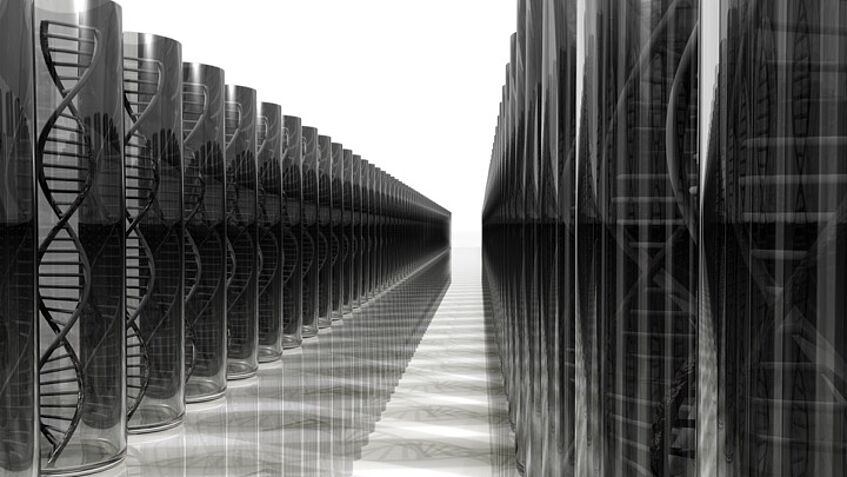Duration: 1.12.2018 – 30.11.2023
Societal Engagement: Responsible Research and Innovation in Biobanking (BBMRI.at)
Team: Ulrike Felt (PI), Lisa-Maria Ferent, Ingrid Metzler, Berit Wolff, Susanne Öchsner
Funding: BMBWF

Project Description
In contemporary biomedicine, biobanks have become core infrastructures collecting, storing and providing a large variety of human materials and data, often combined with clinical information. Such infrastructures are essential for research as they allow exchange of biological materials and data over distance and across a variety of sites (in different national contexts, as well as to different research fields and institutions, ranging from basic research, over translation to bio-industrial applications). In order to make biobanks societally and scientifically sustainable — i.e. to assure that societies and different stakeholders long-term support — it is essential to understand what different actors expect from this infrastructure, why they find it worth contributing to, using and supporting it as well as what impact a focus on data has on scientists’ and citizens’/patients’ (self)understanding.
This project aims at
- providing a better understanding of how this infrastructural resource is valued (and used) by different kinds of actors and thus be able to make certain adaptations;
- investigating how the new data protection regulation might impact the activity of biobanking, the use and sharing of material and data as well as the process of donating material; and
- reflecting how with the growing importance of (big) data approaches in research the relation of data and citizenship is shifting and might create new challenges (also related to the GDPR) for sustainable biobanking.
The project is organised along two major perspectives. First, we will investigate how different actors related to biobanks value this infrastructure and the possibilities it offers. We are thus interested in understanding the different models actors develop and use in attributing value to biological samples and their collection and sharing. In a broader sense, this research thus looks into the different ways of understanding the notion of bioeconomy, i.e. a system built around biological samples that aims at creating added value and through it innovation. We are concerned with how value is produced, diffused, assessed, and institutionalized across a range of settings where biobanks matter. Studying the values actors see or do not see realized through a biobank is essential in order to better understand why different people support biobanks, through investment of money and donation of biomaterials as well as through its use, while others are more critical towards it. Thus, looking at these value generation processes lays the foundation for a sustainable biobank concept.
Second, we will address the complex relationship between biological data and being a citizen with rights and obligations, i.e. develop and explore the notion of (bio)data-citizenship. Using the notion of citizenship also invites to think about ideals of solidarity and justice and how data potentially come to play an important role in citizens' perceptions of their bodies and health. This has to be seen in the wider context of ‘big data’ becoming an important matter of concern in public debate. The objective is to understand the relation of individual and collective imaginations around the relation of donors and researchers to “their” data. This is essential in the current context of changing GDPR, which was implemented in spring 2018. In particular for consent processes, donors’ access to information about the use of their data and the possibility to reclaim one’s data, this will create new challenges for all actors involved.
Doing this research, the Department of Science and Technology Studies is a partner in the interdisciplinary consortium of “BBMRI.at”, which is the Austrian national node of BBMRI-ERIC (BBMRI European Research Infrastructures Consortium)—an emerging European network for biobanks (or organized collections of biological samples and related data).We will work in close exchange with all other partners from the biobanks in order to support the development of this infrastructure.
Methodologically: We will engage with a broad set of materials and informations from the field. This means doing document analysis, interviewing different biobank related actors, and organising card-based group discussions with citizens/donors to pursue this research. Moreover, we feed back findings from this research to our partners in the consortium, so as to contribute to the sustainability of this emerging research infrastructure.
Contact
Ulrike Felt (PI), Lisa-Maria Ferent or Ingrid Metzler
Homepage: bbmri.at/home
Project Reports
